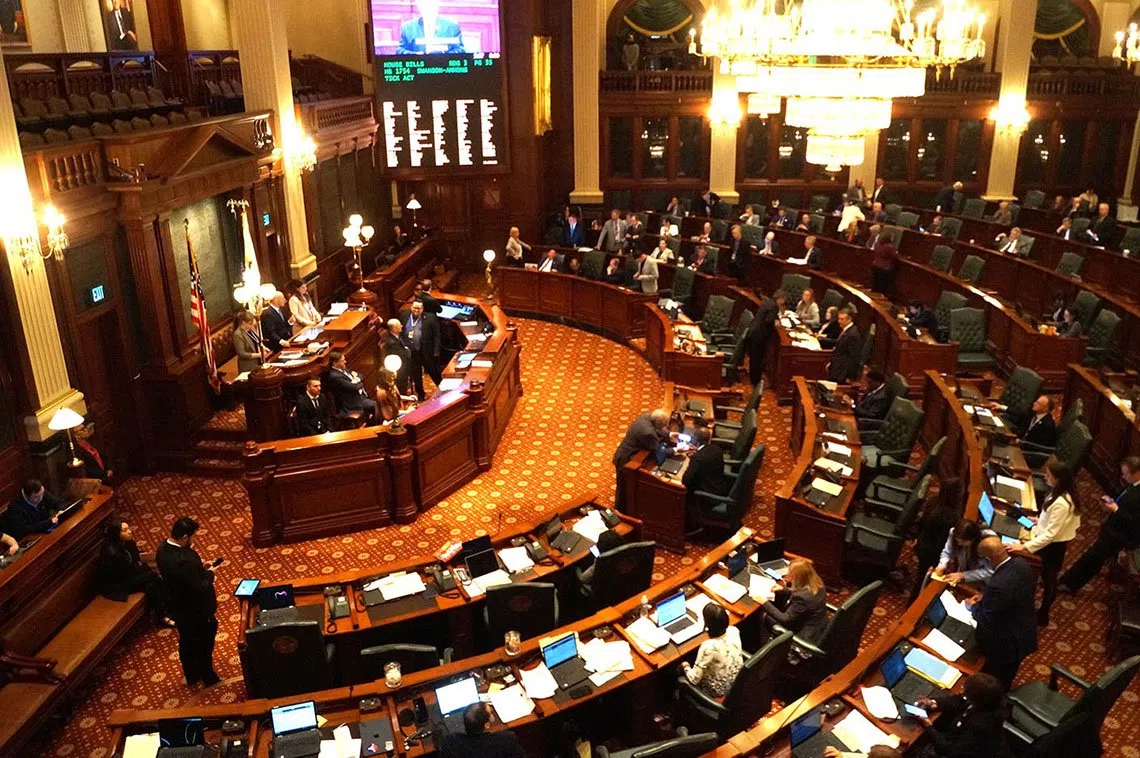The Illinois House last Tuesday passed legislation designed to enhance the safety of public officials by allowing them to shield sensitive personal information, such as home addresses, from public disclosure. The bill also authorizes the use of campaign funds for personal security services and home security upgrades.
Sponsored by State Representative Katie Stuart, the legislation would permit state lawmakers, constitutional officers, state’s attorneys, public defenders, county clerks, and other elections officials to request that government agencies, businesses, and individuals redact or withhold their personal information from public websites.
Additionally, the measure allows public officials to use campaign funds to pay for personal security needs, including hiring security personnel and installing home security systems, cameras, fences, or other protective improvements.
The proposal, which passed the House with strong bipartisan support, is expected to be considered by the Illinois Senate later this week. It is modeled after a 2012 law that provided similar protections for judges and their families.
The legislation comes in response to a significant increase in violence and threats directed at public officials. If signed into law, elected officials would be able to submit a written request to the Secretary of State’s office specifying which personal information they want protected and which agencies, businesses, or individuals the request should be sent to. They may also send the request directly themselves. Once received, entities would have five business days to remove or redact the information from public view.
The bill establishes a Class 3 felony penalty for anyone who knowingly posts redacted information if it leads to physical injury or death of the official or a family member. A Class 3 felony in Illinois carries a prison sentence of five to ten years.
The legislation would also allow public officials to use a work address on their driver’s license and to redact their home address from nominating papers after the objection filing period has closed.

Comments